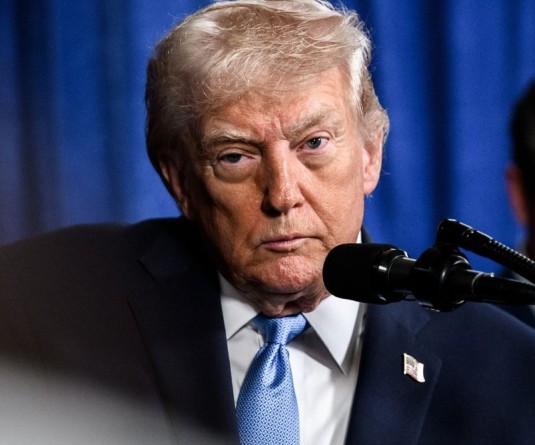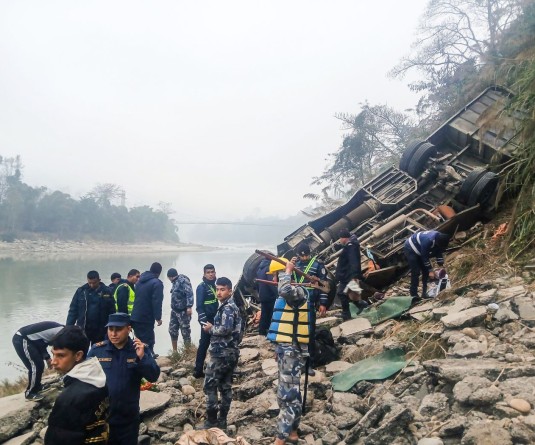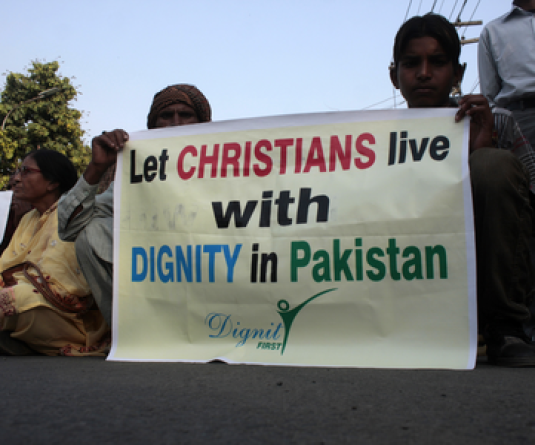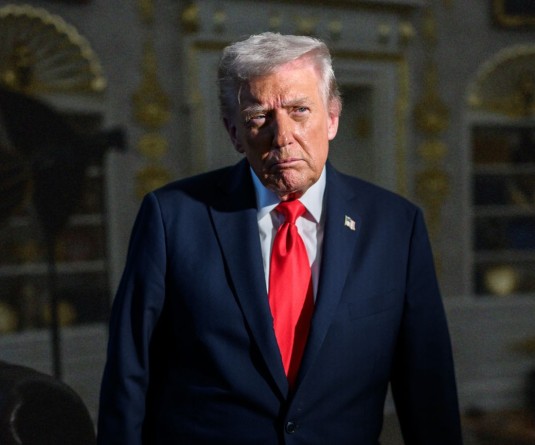Much more to be done to prevent protracted recession: IMF chief
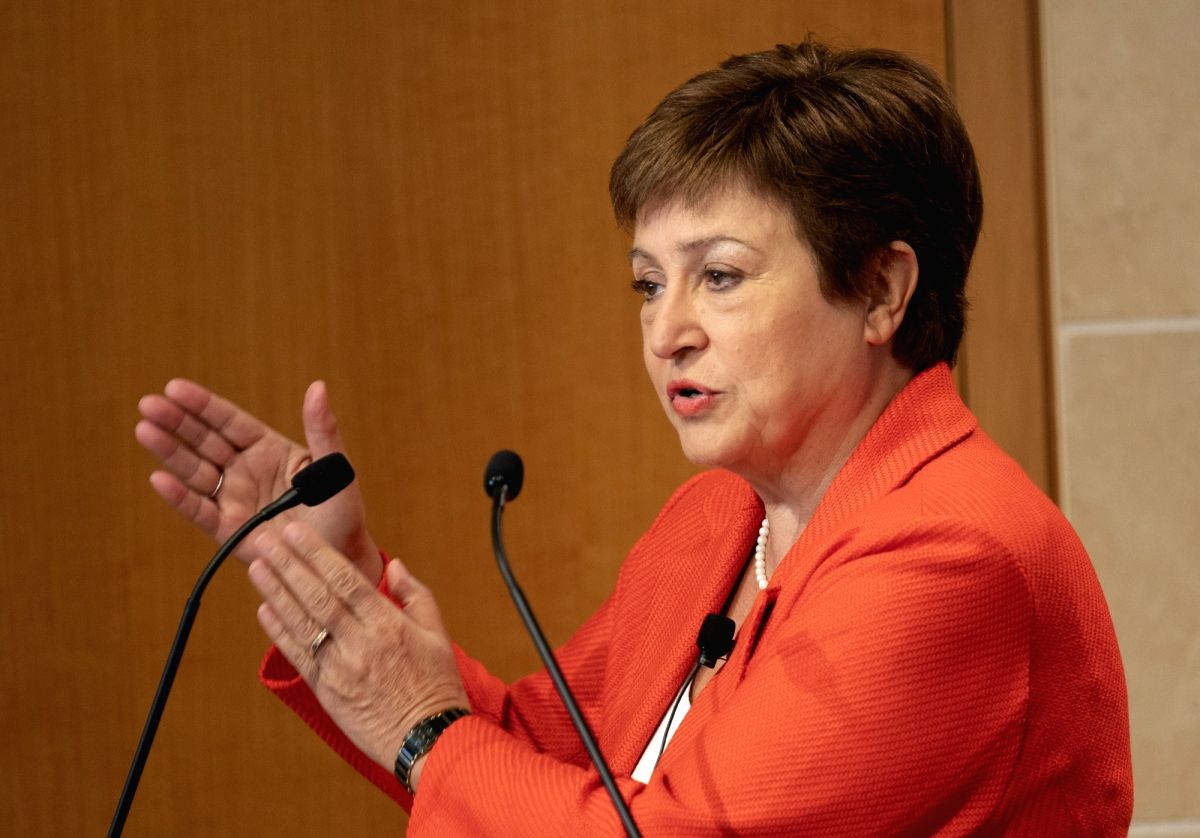
Washington, April 21 (IANS) International Monetary Fund (IMF) Managing Director Kristalina Georgieva on Monday said countries have responded strongly in the initial phase of the COVID-19 crisis, but there is much more to be done to avoid a painful and protracted recession.
"We need to think hard about where this crisis is headed and how we can be ready to help our member countries, being mindful of both risks and opportunities," Georgieva wrote in a blog, which is part of a special series on the response to the coronavirus, Xinhua reported.
"Just as we responded strongly in the initial phase of the crisis to avoid lasting scars for the global economy, we will be relentless in our efforts to avoid a painful, protracted recession," said the IMF chief.
Noting that she is "particularly concerned" about emerging markets and developing countries, Georgieva said they have experienced the sharpest portfolio flow reversal on record, of about $100 billion.
"Those dependent on commodities have been further shocked by plummeting export prices. Tourism-dependent countries are experiencing a collapse of revenues, as are those relying on remittances for income support," she said.
The managing director said the IMF stands ready to deploy its full lending capacity and to mobilize all layers of the global financial safety net, including whether the use of Special Drawing Rights (SDRs) could be more helpful.
"For our poorest members, we need much more concessional financing," she said. "With the peak of the outbreak still ahead, many economies will require significant fiscal outlays to tackle the health crisis and minimize bankruptcies and job losses, while facing mounting external financing needs."
The IMF chief, however, noted that the crisis is adding to high debt burdens and many countries could find themselves on an unsustainable path.
"We therefore need to contemplate new approaches, working closely with other international institutions, as well as the private sector, to help countries steer through this crisis and emerge more resilient," she said.
To help lay the foundations for a strong recovery, the multilateral lender's policy advice will need to adapt to evolving realities, Georgieva said. "We need to have a better understanding of the specific challenges, risks, and tradeoffs facing every country as they gradually restart their economies."
Georgieva laid out some key questions: how long to maintain the extraordinary stimulus and unconventional policy measures, and how to unwind them; dealing with high unemployment and "lower-for-longer" interest rates; preserving financial stability; and, where needed, facilitating sectoral adjustment and private sector debt workouts.
The IMF chief noted that "we also must not forget about long-standing challenges that require a collective response," such as reigniting trade as an engine for growth; sharing the benefits of fintech and digital transformation; and combating climate change.
She also pledged to support countries' efforts in calibrating their social policies to reduce inequality, protect vulnerable people, and promote access to opportunities for all.
"There is much uncertainty about the shape of our future. But we can also embrace this crisis as an opportunity -- to craft a different and better future together," she said.


